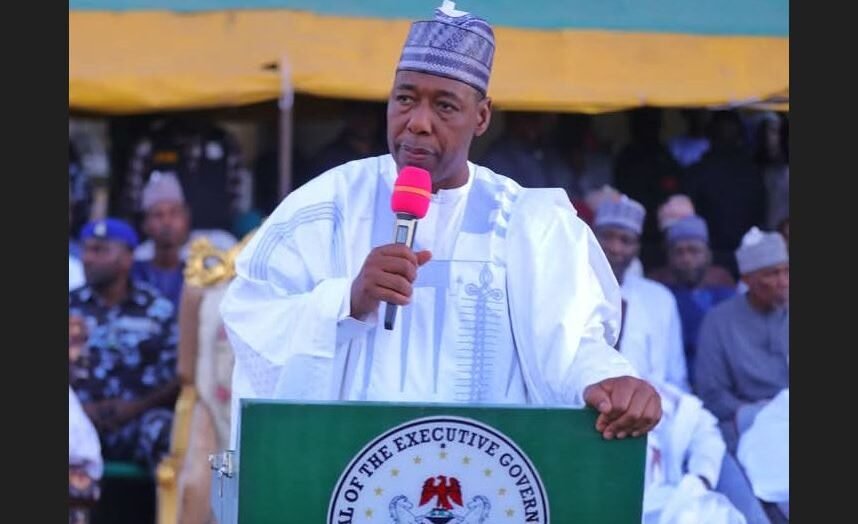FEDERAL GOVERNMENT REAFFIRMS COMMITMENT TO FOOD SECURITY AND LAND RIGHTS IN BAUCHI STATE
The Federal Government has reiterated its dedication to safeguarding land rights and enhancing food security for farmers and pastoralists in Udobo, Gamawa community, Bauchi State. Minister of Foreign Affairs, Amb. Yusuf Tuggar, made this declaration on Sunday while representing President Bola Tinubu at the inauguration of the Irrigate Nigeria Project in Gamawa. Tuggar emphasized that Udobo was once a major agricultural hub in the 1960s and 1970s but had suffered neglect for decades. He assured the community that land grabbing would not be tolerated and called for collaboration among stakeholders to drive agricultural innovation and sustainability. “The land fed nations. We aim to revive that legacy without displacing those who till it,” Tuggar said. The minister noted that the Irrigate Nigeria Project seeks to reduce food imports, secure the country’s agricultural future, and provide essential resources such as rice, motorcycles, and eco-friendly cooking stoves to mitigate deforestation. Acknowledging the adverse impact of floods and climate change on agriculture, Tuggar stressed the urgency of government intervention. He further reiterated President Tinubu’s strategy for Udobo and similar communities, assuring farmers that their land would be protected. “No one will lose their land. Grow what you eat first; we will help you sell the surplus,” he assured. Tuggar also disclosed that, with support from the National Agency for Science and Engineering Infrastructure (NASENI), the government would optimize water access through Udobo’s fadama wetlands while introducing climate-smart tools to improve agricultural output. Expressing gratitude, Hajiya Aisha Gamawa, one of the beneficiaries, said the minister’s intervention was a long-overdue response to the community’s struggles with climate change and flooding. “We are grateful to Tuggar for his support. The fertilizers he provided will greatly assist farmers during the upcoming rainy season,” she said. The community youth leader, Musa Udubo, also praised the minister, calling for more support to curb urban migration. “We appreciate the minister’s diplomatic efforts in bringing sustainable development to our community. He has fulfilled his promise, and we will not forget this massive support,” Udubo stated.
































































































































































































































































































































































































































































































































































































































































































































































































































































































































































































































































































































































































































































